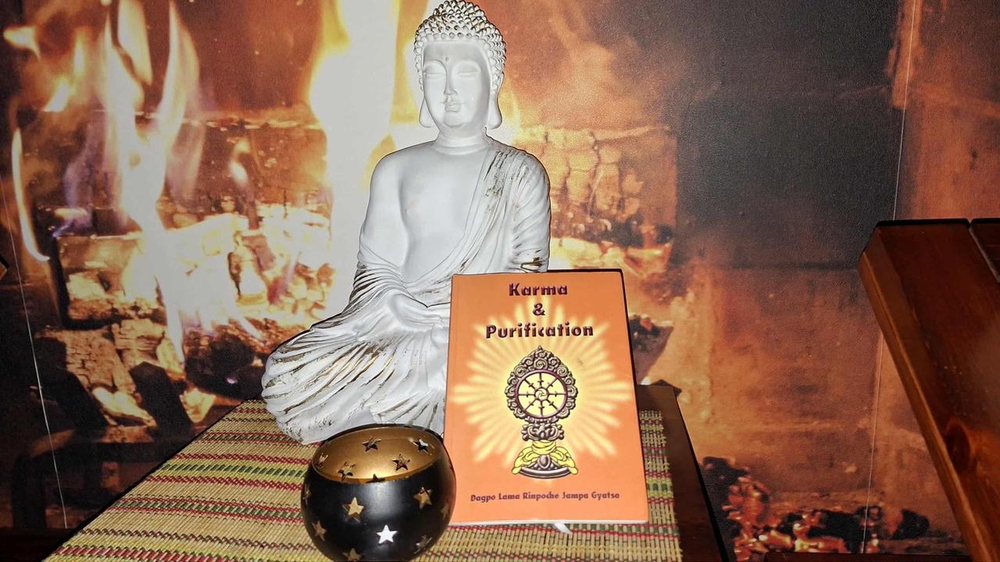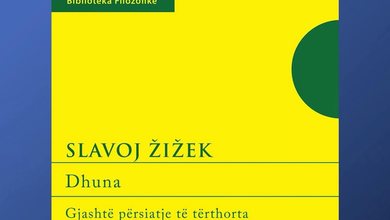
"Whether awake or asleep, your mind is always with you. At no moment are you separated from it."
Karma & Purification, Dagpo Lama Rinpoche Jampa Gyatso
I am by no means an expert on Buddhism or the laws of karma. At best, I find myself an intrigued reader, sometimes finding surprising parallels between ancient teachings on life and modern office life. And I wonder: have we really changed? Can we progress at our core? According to this book, improvement is possible, and the evidence for this is found in our personal stories.
In the book Karma & Purification, four karmic paths of speech are mentioned: lies, divisive words, cruel words, and idle chatter. They are presented as ways in which our words can improve or erode the world around us. Reading this, another symbolism came to mind: the four horsemen of workplace communication.
Lies are the easiest to spot, but the hardest to avoid in their corporate form. It's that little exaggeration in a report, or the "OK, that's the job" response when it's not, the diplomatic phrasing that turns a "problem" into an "opportunity," or the untrue stories someone makes up to hurt a rival. In a karmic sense, every such moment separates the word from the truth. But sooner or later, the truth catches up. Teams built on fragile fictions tend to collapse under the weight of their euphemisms.
Divisive words are often presented as a strategy. “I’m being transparent,” “I’m just sharing a comment,” or worst of all: “have you heard about X?” It’s surprising how often ‘comments’ or ‘information’ create more division than unity, especially when they circulate diagonally through office hierarchies. It’s the web of whispers that shapes reputations more powerfully than any performance.
Cruel words are rarer in form but more common in tone. They hide behind sarcasm, public corrections, the phrase “I was just kidding,” or unnecessary verbal attacks disguised as criticism. Buddhism would call this “generating suffering through speech”; in 2025, we might call it a lack of emotional intelligence or intentional infliction of harm. In both cases, the result is the same: faith is out of the office.
And then comes the idle chatter, the endless chewing of words that sounds like work but builds nothing. Meetings that could have been an email, emails that could have been thoughts, coffee conversations that instead of elevating others, tear them down. In Buddhist thought, idle chatter wastes the potential of speech. In offices, it wastes most of the day and, in a way, can be considered a form of theft.
The antidote, according to the text, is awareness, the understanding that words are actions, not just noise. Every word sows seeds. You choose what you sow: clarity or confusion, kindness or tension. Achieving a higher state is possible, Lama Gyatso writes, but it requires generating virtue and being careful not to create causes for dissatisfaction. “One must take constructive actions,” says Lama Gyatso.
After all, “All living beings, from humans like you, to the smallest insect crawling on the ground, have the same aspirations as you.” We all aspire to harmony, success, respect, and we all have the universal desire to be seen and appreciated.
So, the next time we catch ourselves saying, "Just between us..." or "To be honest...", let's stop for a moment and remember: every word has weight, even the most meaningless ones.
In the karmic economy of the workplace, the real currency is the quality of our words.






















